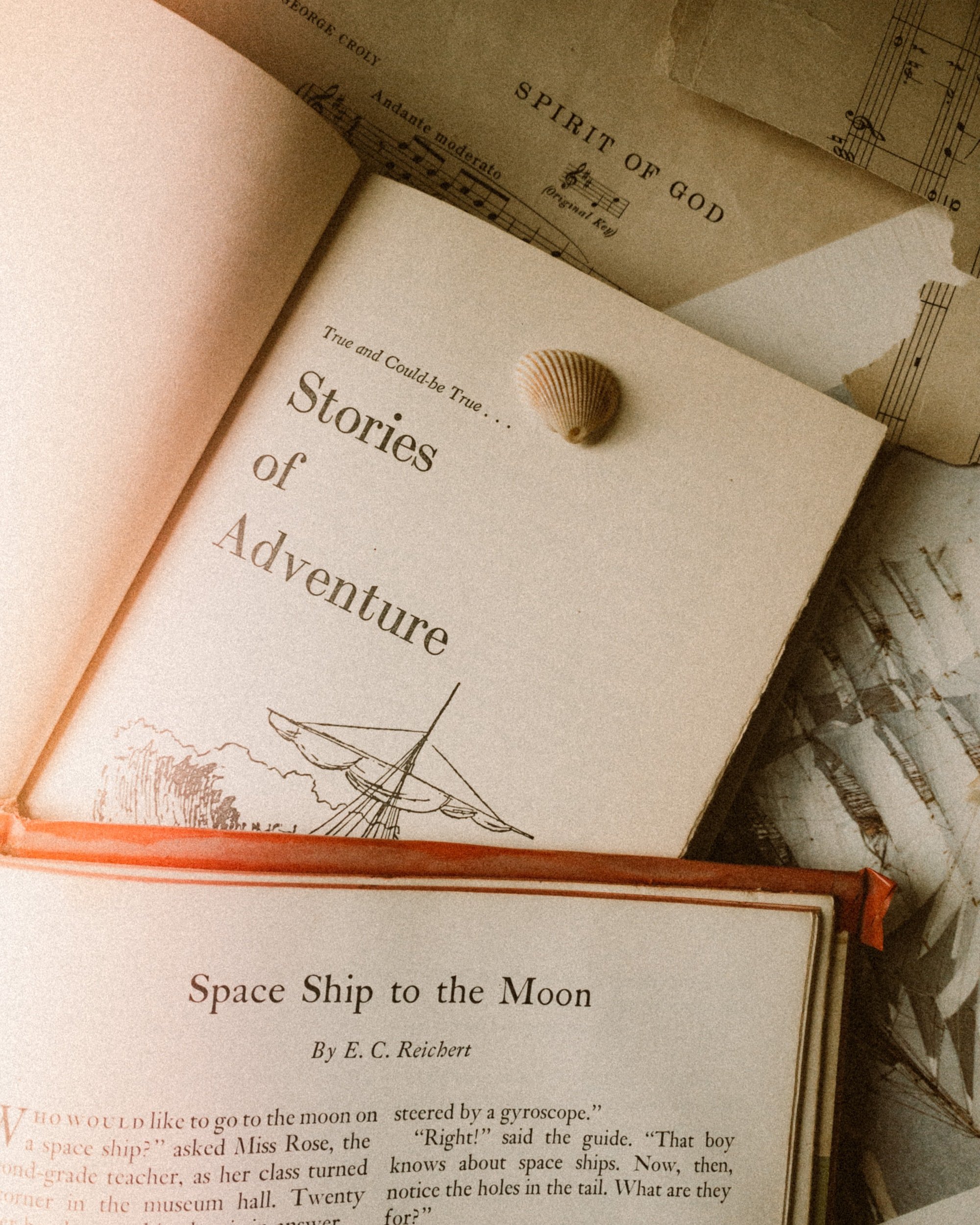Independent Scholarship: Interview with Ronald Gross
By Janet Salmons
Ron Gross is the author of The Independent Scholar’s Handbook and Independent Scholarship: Promise, Problems, and Prospects (1983). He co-chairs the Columbia University Seminar on Innovation and is the founder/director of Conversations New York (www.conversationsnewyork.com) His books include Socrates’ Way, Peak Learning, and Pop Poems. A full bio can be found at https://www.RonaldGross.com and you can reach him at grossassoc@aol.com.
I was cleaning up my office bookshelves and came across The Independent Scholar’s Handbook. This timely book was originally published in 1983, but is perhaps even more relevant now. It is full of useful information and encouragement! I did a little sleuthing online and was able to connect with Ron. He agreed to answer some of my questions. Not surprisingly, he has had an interesting career.
JS: Ron, could you start by sharing your definition of an Independent Scholar, and dropping a few names of major figures in this tradition?
RG: I define Independent Scholars as persons who are pursuing significant intellectual work outside of an academic institution. It may be scholarly, scientific, artistic, political, investigative – or an amalgam of several of these. (One of my favorite characterizations is your own self-description as a "free-range scholar and creative....un-caged from institutional or disciplinary constraints".
For me, the tradition in our Western canon starts with Socrates, and flows through figures like Pico Della Mirandola, Lucretius, Leonardo da Vinci, Montaigne, Goethe, Darwin, Marx, and Freud. And in our own era, I can best evoke the spirits of ones who I revere, through my favorite quotes from half-a-dozen of them.
· Betty Friedan: “The independent investigator often has a stronger sense of self, and sense of mission, than the institutionalized academic.”
· Barbara Tuchman: “I do not belong to the academic world at all.”
· Hannah Arendt: “Without the breadth of life, the human body is a corpse. Without thinking, the human mind is dead.”
· Buckminster Fuller: “The world needs the inspiration of our instinctive love for the truth.”
· Jacob Bronowski: “We must be a democracy of the intellect.”
· Colin Wilson: “For those who have experienced it, the hour of awakening to the passion for knowledge is the most memorable of a lifetime.”
JS: Are Independent Scholars contributing to our current “reckonings” in areas like racism and climate change?
RG: Indeed they are.
One of my heroines is Susan Neiman, whose book Learning from the Germans points towards how we here in the U.S. can move toward coming to terms with our history of racism. Susan told my Columbia Seminar: “By ‘going independent’, I could read more widely, do real investigative work, and write more broadly and personally.”
Another is Katharine Wilkinson, who co-edited All We Can Save, a feminist approach to addressing the climate crisis through empathy, the arts, and study groups throughout the world. Katharine declares that “Collaboration and community get us to better answers and can keep us going when the work is hard.”
JG: Ron, one of the themes of your books on independent scholarship is how we can work together as friends and colleagues, drawing strength from interdependence. Could you talk about that?
RG: Certainly, Janet. I started my study by finding two outstanding independent scholars among my neighbors: Emily Taitz and Sondrey Henry. They had devoted themselves to chronicling women “written out of history” as the title of their book put it. Doing this is fortunately common practice by now, but back then it was revolutionary, and these two Independent Scholars led the way.
Subsequently, I identified other outstanding examples of alliances among scholars, scientists, artists and other doing important intellectual work outside of the academy. One example was the women who produced Our Bodies, Ourselves, which revolutionized women’s healthcare. In my research, I became aware of networks and affinity groups in over 100 fields, from microscopy to astronomy, and societies sharing their interests in subjects ranging from John Milton to Concrete Poetry.
The most important effect of my books was to encourage and support the formation local and national organizations for mutual support, which is where Independent Scholars can find friends, colleagues, and partners. Currently, the foremost such group is the National Coalition of Independent Scholars, at NCIS.org., inspiringly led by Amanda Haste. Other organizations include:
Forum for Independent Research Endeavours) (United Kingdom)
Independent Researchers in France / Chercheurs indépendants en France (IRF / CIF) (France)
Independent Scholars’ Association of Australia (Australia)
In the United States:National Coalition of Independent Scholars (Brattleboro, VT)
Institute for Historical Study (San Francisco, CA)
Ronin Institute (Montclair, NJ)
Minnesota Independent Scholars Forum (Minneapolis, MN)
Northwest Independent Scholars Association (Portland, OR)
Princeton Research Forum (Kingston NJ)
San Diego Independent Scholars (San Diego, CA)
JS: Speaking of support for Independent Scholars, I note that you co-chair a University Seminar at Columbia. Is that consistent with your self-identification as an Independent Scholar?
RG: The University Seminars program is one that has always welcomed Independent Scholars who have appropriate intellectual goals and capabilities. The guiding spirit of the Seminars in their formative years was Frank Tannenbaum, championed the crucial role of independent scholars in this innovative sector of the University. He wrote: “Intellectual fellowship encompasses both the theorist and the practitioner. Scholars may come from the academy or the mundane world. Each Seminar is held together by supporting one another’s curiosities. We are drawn to open vistas hidden in the unknown experience of another profession or a colleague’s venture into the unexpected. Only in this fashion can we hope to rediscover the wisdom we need.” More information about the Seminars is at https://universityseminars.columbia.edu .
JS: What advice can you offer to students or career-changers interested in working independently?
RG: Check out the associations and societies cited above, explore the myriad of blogs and sites on the Internet, and consider obtaining a copy of my Handbook, which is available used via Amazon for as low as $1.35 plus postage. Its contents include chapters on Messy Beginnings, A Loose-Parts Approach, Intellectual Craftsmanship, Obtaining Support, Sharing Your Work, and Interdependence.
JS: Have you got a final word of encouragement for Independent Scholars?
RG: I’d go with these words from E. M. Forster:
“No one is more triumphant than the person who chooses a worthy subject and masters it.”














Interviewing participants in difficult or emotional situations? Learn from Bethany Morgan Brett and Katy Wheeler.